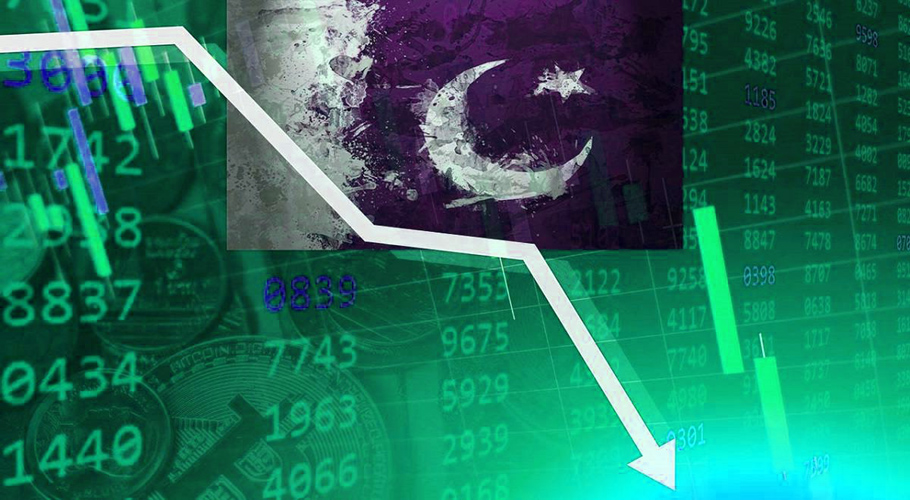Faced with a balance-of-payments problem, Pakistan urgently needs to attract foreign investment. During July-March FY24, the country received $1.099 billion compared to $1.217 billion in the same period last year, marking a decline of 9.7% or $118 million. Pakistan has the lowest FDI preference in the region, receiving close to $2 billion annually.
Foreign exchange reserves are barely sufficient to cover import bills, forcing the government to limit large dollar outflows, including those by overseas investors. This need is pressing given the limited scope for significant increases in exports and remittances in the short term.
In light of Pakistan’s need for investments, Prime Minister Shehbaz Sharif has invited his Malaysian counterpart, Anwar Bin Ibrahim, to undertake an official visit to Pakistan in either July 2024 or as a Guest of Honour for Pakistan’s Independence Day celebrations in August. Sharif has also requested PM Ibrahim to facilitate a visit by a high-powered Malaysian investment delegation to Pakistan to strengthen economic ties between the two countries.
However, the Malaysian Ministry of Foreign Affairs has conveyed to its Prime Minister’s Office that with Pakistan’s economy facing a slowdown and the challenge of restructuring its debts, the invitation for PM Ibrahim is likely driven by Pakistan’s urgent need for investments from Malaysia. Indications are that Malaysian entities are not keen to sign MoUs with Pakistan at this time. Additionally, given India’s significant trading relationship with Malaysia, Kuala Lumpur is likely to remain neutral on sensitive regional issues.
According to the World Bank, Pakistan’s GDP-to-investment ratio is projected to decrease from 15% in 2020 to 13.3% in 2024. The economy has been impacted by security and political instability. Foreign exchange reserves stand at $4.46 billion, while external debt repayments will remain high over the next few years, with approximately $25 billion due in FY 2024. The government is striving to increase FDI and return foreign portfolio investment in government debt papers and stocks to positive territory.
FDI inflows are challenging to secure due to Pakistan’s economic fundamentals and the country’s difficulty adapting to fast-changing geopolitical dynamics to achieve sustainable economic growth and development.
Foreign investors have expressed concerns about Pakistan’s Board of Investment and other relevant ministries for not addressing their numerous issues, including delays in dividend repatriation. Most foreign companies in Pakistan generate rupee-denominated sales and profits within the domestic market. However, the subsequent profit repatriation to their overseas sponsors in dollars puts additional pressure on Pakistan’s balance of payments. Despite Pakistan’s liberal foreign investment policy allowing 100 percent profit repatriation, delays in repatriation are causing significant financial losses to multinationals due to the unprecedented devaluation in the last six months.
In March 2023, a representative body of over 200 large multinationals operating in Pakistan wrote to the Prime Minister, stating they had not been able to send dividends to their overseas shareholders for the last 10 months, causing serious reputational damage to the country. These outstanding dollar dividends, amounting to more than $1 billion, were in sectors such as banking, food, telecom, chemical, power, tobacco, auto, and energy exploration.
The country faces several challenges, including corruption, a culture of tax evasion, the privatization of struggling state-owned enterprises, the return of illegal migrants, a soaring dollar value against the rupee, and non-filing of tax returns, making it difficult for the economy to yield positive outcomes.
In September 2023, Army Chief General Asim Munir expressed optimism about the country’s future, anticipating significant foreign investments in various sectors. However, economic experts, bankers, and analysts are skeptical about the prospect of substantial inflows amounting to $70 billion, given the current state of the country’s fundamentals.
The government expects to attract billions of dollars from the UAE under the Special Investment Facilitation Council (SIFC), which aims to signal stability to foreign investors. However, there is a general impression that the armed forces are in charge of the SIFC. Rebalancing civil-military relations for sustainable democracy is crucial for accelerating the growth of foreign investment.
Meanwhile, FDI inflows from China, Pakistan’s biggest investor, have significantly decreased. The inflow from China was $262 million in 9MFY24 compared to $556.6 million in the same period last year. Inflows from the UAE also dropped drastically, with a nine-month inflow of $27.7 million compared to $88.7 million in the same period last fiscal year.
Additionally, domestic investors are looking to diversify their investments abroad due to the prolonged political and economic uncertainties prevailing in the country.

